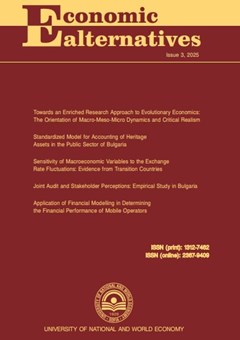Homo Islamicus as the Basic Assumption of Islamic Economics: Evaluation and the Way Forward
Authors: Muhammad Sholihin, Catur Sugiyanto, Akhmad Akbar Susamto
Abstract
This paper systematically challenges essentialism’s concept of homo islamicus through rigorous critical examination and presents an alternative perspective rooted in the transformative paradigm. It extensively evaluates homo islamicus as a foundational concept in Islamic economics, drawing insights from contemporary Islamic economic scholars and modern sources. Four compelling reasons emerge for rejecting the homo islamicus concept. Firstly, it argues that homo islamicus altruism cannot exist in isolation from other factors. Secondly, as an ideal economic agent, homo islamicus is inherently susceptible to biases from uncertainty. Thirdly, cognitive constraints hinder homo islamicus from fully embodying Islamic teachings, termed “bounded-knowledge.” Lastly, the paper contends that homo islamicus is not fully functional. This paper is primarily normative and philosophical, lacking empirical experimentation. Nevertheless, it suggests potential for future empirical research on this matter. This critical perspective on homo islamicus assumptions sets the stage for reconsidering alternative ideas in the theory of Islamic economic agents. Rejecting the notion that homo islamicus is the cornerstone of Islamic economics initiates a substantial discourse to reassess its role in advancing Islamic economics as a legitimate science.

